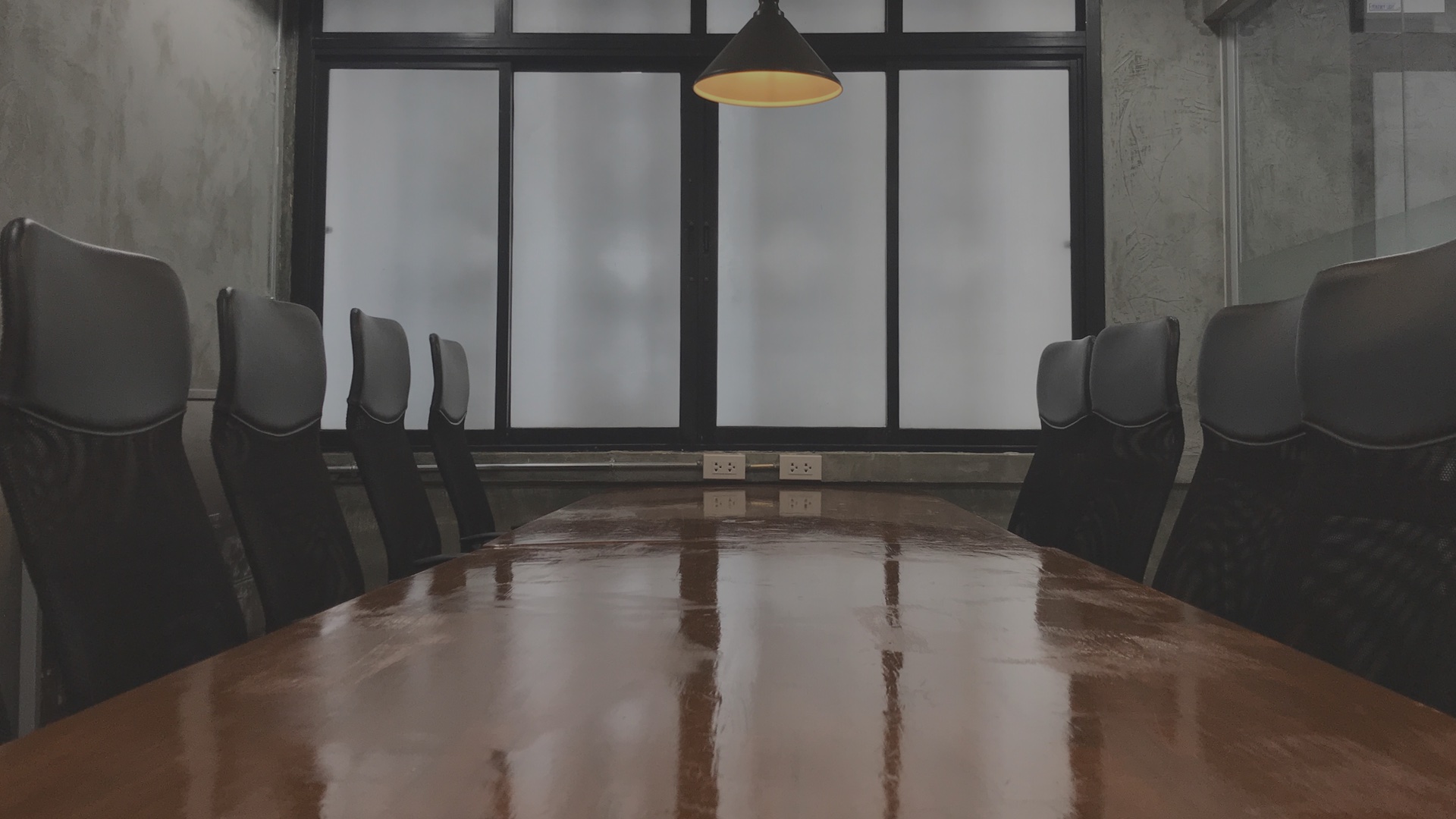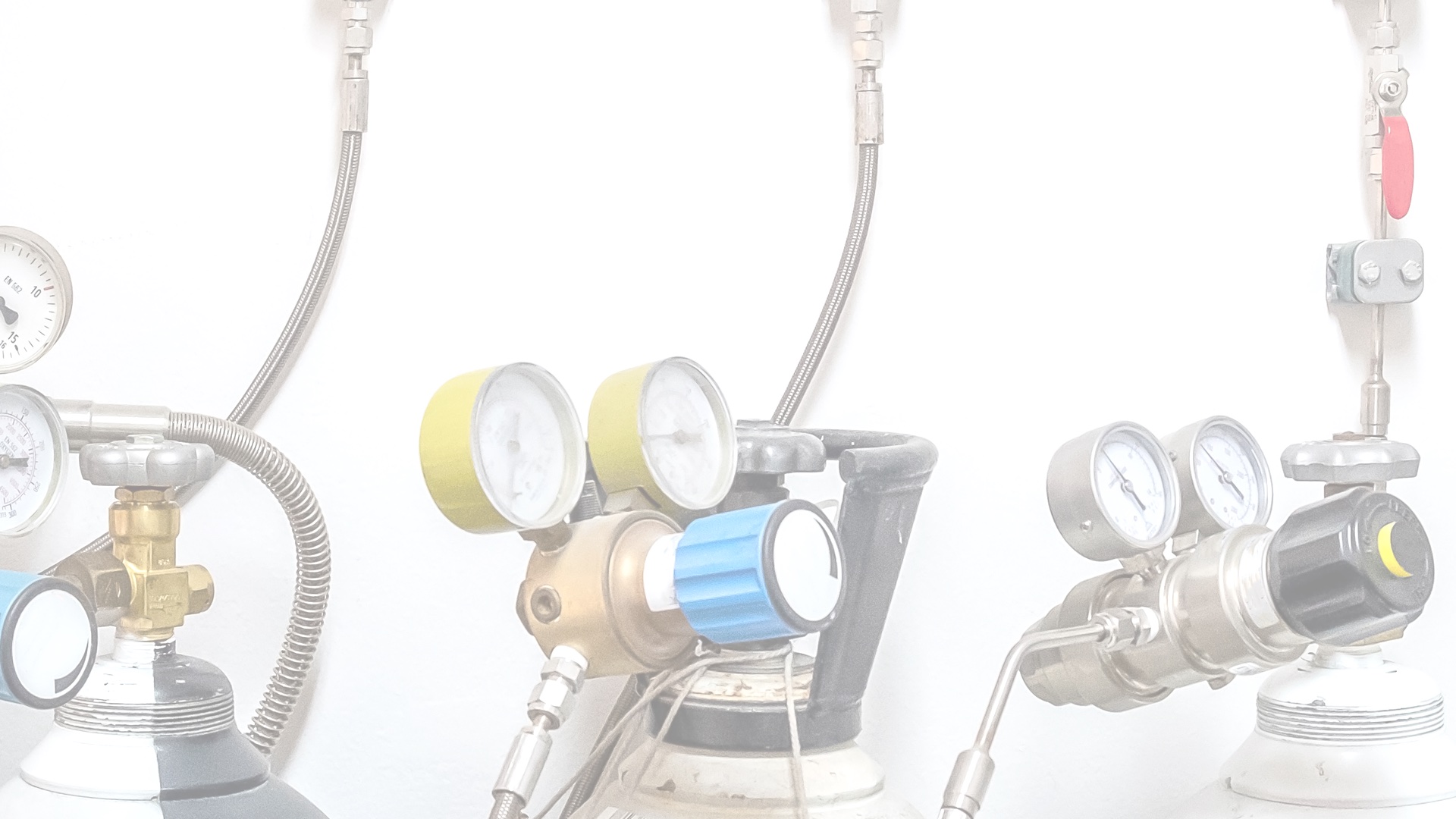Today I want to start with a little story.
This happened a couple years ago, when my kids were a little younger.
It was a morning like most weekday mornings — which is to say everybody in the family was running around trying to get ready to leave the house… get the kids to school, get the adults started with work, you might know the drill.
If you do have kids, you know some mornings are better than others when it comes to the kids listening versus the kids procrastinating.
This particular morning was crazy stalling, and I was getting annoyed.
During a moment when the kids were presumably in their bedrooms getting ready — but who knows, really — I turned to my wife and I said, “Is it all children that can’t listen unless they are threatened with negative consequences, or is it just ours?”
To which she replied…
“It’s all children, I think — and then she said — and adults seem to be the same way.”
This comment really stuck with me. I’d certainly seen evidence of this in the places I’d worked over the years.
As I pondered it more, I realized this was actually one of the most common challenges I’d heard from leaders about their workplaces, even though the exact complaint came in a variety of flavors.
Typical comments sounded like:
“People just don’t do what they are supposed to do.”
or
“We have an accountability problem.”
or
“I don’t WANT to ‘manage’ people, but I feel like I HAVE to.”
You ever heard any of these? Or said them?
Well, I’ve come to believe all these comments are like a runny nose and sneezing — they’re symptoms of an underlying problem, which is that you have a cold.
In a workplace, the above “lack of accountability” problems are symptoms of something I call Neverland Disease.
You remember Neverland, from the story of Peter Pan — it’s a place of eternal youth, for kids who don’t want to grow up. Neverland has a LOT of similarities to our workplaces.
You see, whenever we complain about something like “accountability,” it’s actually almost never about the people — it’s about the set of expectations our workplace systems have put on people.
And all this has a lot to do with how we treat children, and what it means to grow up and become an adult.
Let me explain…
Accountability is needed when I don’t do what I said I was going to do. If I honor my commitments, you don’t ever need to “hold me accountable.” It’s irrelevant.
But if I don’t do what I say I’m going to do, then what?
Then I need accountability.
So you see, the whole construct of accountability is based on an assumption that you AREN’T actually going to do what you said you would.
And that, my friends, is literally childish behavior.
I can’t trust my kids to get ready in the morning even though I’ve asked them about a bazillion times to do it and they’ve agreed. They don’t follow through. It’s childish.
And so, when we set up workplace structures for “accountability,” the baseline assumption of you is that you are going to act like a child and not follow through.
Now, I don’t actually believe you’re a child. I believe you are a wise and powerful adult.
But if we’ve learned anything through all these episodes, it’s that the system almost always wins.
And our systems are designed to treat us like children.
We can’t treat people like children and expect them to act like adults.
This isn’t how it works.
If we treat people like children — assume they need accountability — they will act like, you guessed it, children who need accountability.
This is another one of these work practices that I believe isn’t done intentionally — it’s just how work’s been done for so long, it feels normal.
So what do we do instead?
Well, we need to create a work environment where it’s expected and required for everyone to behave like an adult at work.
Our expectation needs to shift from one of accountability to one of support.
Unlike accountability, which assumes you won’t do what you said, support assumes you WILL.
My full assumption about every single person in my team is that they are going to do what they say they’re going to do. And then it’s my job to simply support them in reaching their goals.
Taking this approach is all about learning to think differently about the nature of work.
It’s a mindset upgrade.
Practically speaking, our thinking needs to be upgraded around decisions — specifically, how they get made and who gets to make them.
Isn’t decision-making the hallmark of more maturity? As we are able to trust our kids to make more decisions, we see they’re growing up.
It’s similar in our workplaces. Until people have the authority and autonomy to make their own decisions, they will forever be children in Neverland.
To make this work without it feeling like anarchy, we install a simple decision-making process that everyone follows. If you want to see our process at Helios, you can download our CultureBook — I’ll put the link in the show notes. At the time of this recording, it’s Principle 17, starts on page 35.
Creating a workplace that’s NOT Neverland isn’t terribly complex or complicated — in many ways, it’s much simpler than the way decisions get passed around in a hierarchy — but that doesn’t mean it’s an easy transition to make, because it really does require us to think very differently about the way work happens and who should be making decisions.
But believe me, it is well worth your time and effort to be able to work with adults who act like adults. That’s just more enjoyable for everybody.
See you next time.








